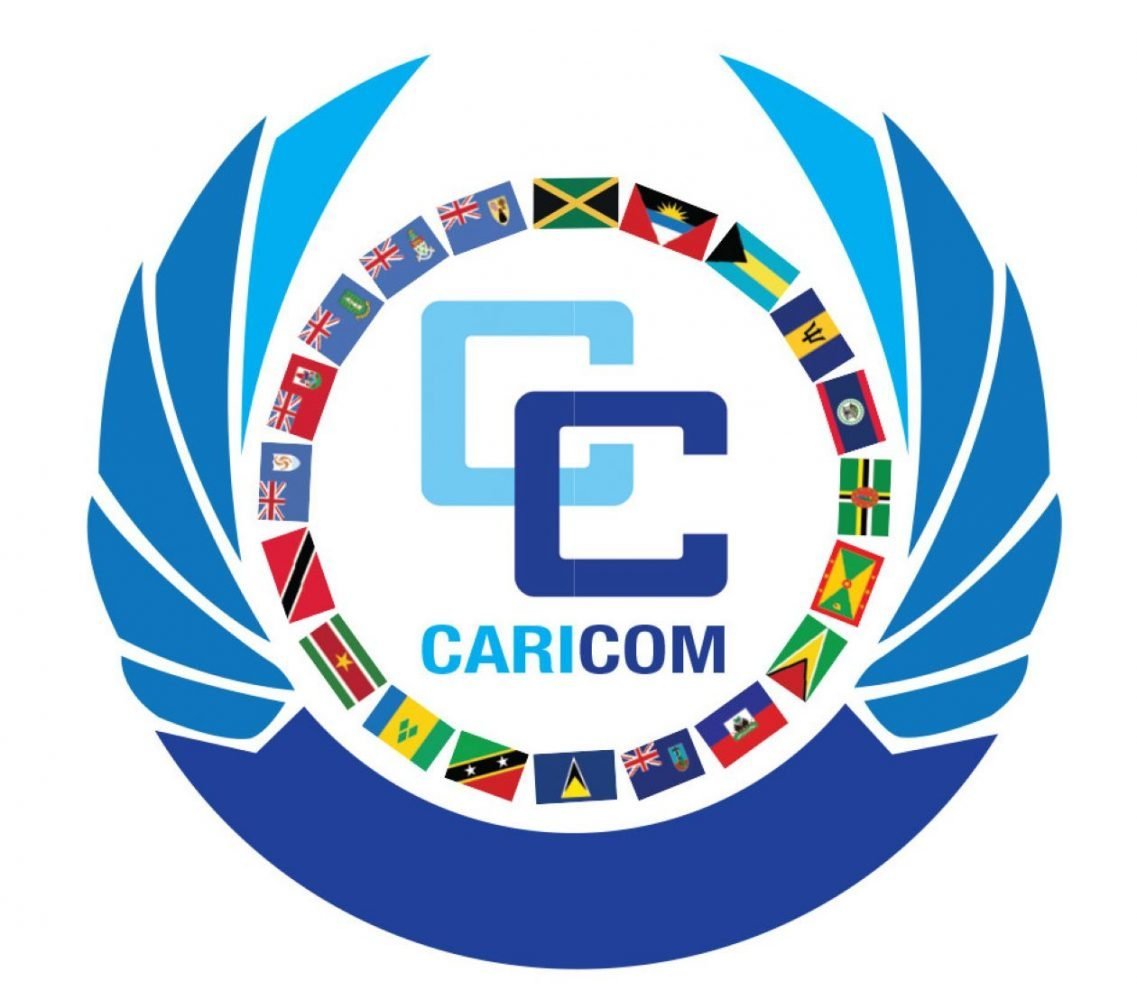CARICOM Foreign Ministers Convene in St. Kitts and Nevis for COFCOR Meeting
The Twenty-Eighth Regular Meeting of the Council for Foreign and Community Relations (COFCOR), held in St. Kitts and Nevis (SKN) from May 8th to 9th, 2024, served as a crucial platform for regional and international dialogue. This annual gathering of Caribbean Community (CARICOM) foreign ministers addressed a diverse array of pressing issues, ranging from the escalating crisis in Haiti to the implications of potential CARICOM expansion. The meeting underscored the importance of collaborative diplomacy and strategic partnerships in navigating the complex geopolitical landscape and advancing the Caribbean’s collective interests.
A key leadership transition marked the commencement of the meeting, with Dr. Denzil Douglas, Foreign Minister of SKN, assuming the chairmanship of COFCOR for a one-year term. He succeeded Dr. Vince Henderson, the outgoing chair and Foreign Minister of the Commonwealth of Dominica. This change in leadership symbolized the rotating nature of the COFCOR chairmanship, ensuring equitable representation and shared responsibility among member states in steering the region’s foreign policy agenda. Dr. Douglas’s assumption of the role positioned him to guide the council’s deliberations and shape its responses to the multifaceted challenges facing the Caribbean community.
The COFCOR meeting provided a valuable opportunity for CARICOM foreign ministers to engage with representatives from Mexico, the Philippines, Germany, and Portugal. These discussions aimed to broaden the Caribbean’s network of international partnerships and diversify its diplomatic engagements. Engaging with these nations reflected CARICOM’s proactive approach to fostering relationships beyond traditional alliances, seeking to explore new avenues for cooperation in areas such as trade, investment, development assistance, and cultural exchange. Such diversification of partnerships underscored the region’s commitment to strengthening its global standing and pursuing mutually beneficial collaborations.
High on the agenda was the deteriorating situation in Haiti, which demanded immediate attention and practical solutions. The escalating political instability, rampant gang violence, and humanitarian crisis in Haiti posed a significant threat to regional security and stability. Recognizing the urgency of the situation, Foreign Minister Douglas emphasized the need for concrete action, stating that the future of CARICOM was inextricably linked to resolving the Haitian crisis. The meeting sought to devise tangible strategies for addressing the multifaceted challenges in Haiti, including exploring avenues for restoring political stability, strengthening security forces, providing humanitarian assistance, and supporting long-term development initiatives.
Beyond the Haitian crisis, the COFCOR meeting addressed a range of other critical issues. Discussions focused on the prevention and control of non-communicable diseases (NCDs), reflecting the region’s commitment to addressing this growing health concern. NCDs represent a significant burden on Caribbean healthcare systems and economies, and the meeting served as a platform for sharing best practices and exploring collaborative approaches to combatting these diseases. The meeting also touched upon other sustainable development goals, highlighting the Caribbean’s dedication to achieving a more sustainable and prosperous future for its citizens.
The potential enlargement of CARICOM, specifically the Dominican Republic’s application for associate membership, was another key topic of discussion. The meeting delved into the policy implications of expanding CARICOM’s membership base, considering the potential benefits and challenges associated with integrating new members. Examining the Dominican Republic’s application for associate membership provided a context for broader discussions about the future direction of CARICOM and its potential role in regional integration and cooperation. These deliberations reflected the ongoing evolution of CARICOM as a regional organization and its commitment to adapting to the changing dynamics of the Caribbean landscape.
In essence, the Twenty-Eighth Regular Meeting of COFCOR served as a critical forum for addressing pressing regional and international issues. The meeting highlighted the importance of collaborative diplomacy, strategic partnerships, and decisive action in addressing the challenges facing the Caribbean community. The discussions on the Haitian crisis, NCDs, sustainable development goals, and CARICOM enlargement underscored the region’s commitment to building a more secure, prosperous, and resilient future. The chairmanship transition symbolized the shared responsibility among member states in shaping the region’s foreign policy agenda and navigating the complex global landscape. The meeting underscored the vital role of COFCOR as a platform for regional dialogue, cooperation, and collective action in advancing the interests of the Caribbean community.
Share this content:












Post Comment